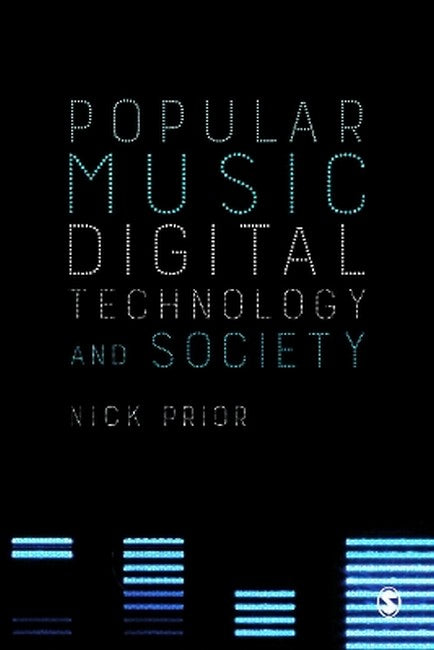Nick Prior is Senior Lecturer in Sociology in the School of Social and Political Science at the University of Edinburgh. His primary interests pivot to the sociology of music and particularly the attempt to understand the complex layers that fold around popular music in an increasingly digitally mediated present. His most recent book, Popular Music, Digital Technology and Society, is published by Sage (2018) and explores how music's devices, styles, sounds and personnel are implicated in post-1980s shifts in the nature and organisation of culture and society. He works in a post-Bourdieusian tradition, though his most recent work opens up the potentials of assemblage thinking when applied to electronic and digital vocalities and the role of virtual idols in Japan. His work has appeared in the journals Contemporary Music Review, Cultural Sociology, British Journal of Sociology, New Formations, Information, Communication and Society, Space and Culture, Reseaux, Sociology Compass and Poetics. He has been co-editor of Cultural Sociology since 2016.
Request Academic Copy
Please copy the ISBN for submitting review copy form
Description
Chapter 1 Introduction: Popular Music, Technology and Society Chapter 2 After the Orgy: The Internet and Popular Music Consumption Chapter 3 Apps, Laps and Infinite Tracks: Digital Music Production Chapter 4 From Iron Cage to Digital Bubble? Mobile Listening Devices and the City Chapter 5 Vox Pop: Exploring Electronic and Digital Vocalities Chapter 6 Playsumption: Music and Games Chapter 7 Afterword: Digitus
Eloquent and informed, this book reveals the deeply complex relations between music and new types of digital and networked technologies. It will transform our understanding of popular music today. -- David Beer Brimming with analytical insights from sociology and cultural studies, this is an indispensable guide through the world of digital music and its bewildering array of technologies. -- Trevor J Pinch An excellent book. Nick Prior weaves together insights from a diverse array of contemporary social theories to help make sense of the sprawling reality of today's digital music worlds. That he does this in such an accessible style is to be warmly applauded. -- Lee Marshall

